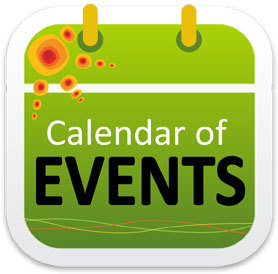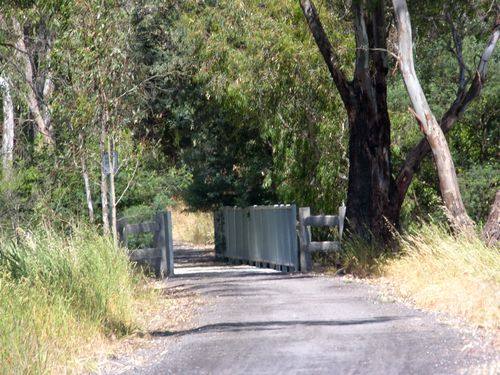Cycling diet is often overlooked by many cyclists, yet it is essential to maintain your health and fitness and in giving your body the right nutrients it needs to recover from heavy training sessions. If you’re going out on a long training run then ensuring you have the right cycling diet is important. You need to be sure you have enough energy inside you to complete your training session.
Fuel up before your training session, carry something to eat during it and you need to eat after the session to allow your body to recover from the hard work you have just put it through. A good cycling diet will facilitate all these things. Another good point is about weight loss. If you are cycling to lose weight then forget about the bathroom scales as your monitor and use body fat monitors instead.
This is because cycling reduces fat and builds muscles. Muscle is heavier than fat, so if you use the scales to monitor your progress you will not see much drop in weight as the fat is reduced but the muscle increases. Using body fat monitors will give you a truer picture of your fat shedding progress. Your cycling diet should be based on good quality foods based on fresh ingredients’. A natural diet will involve more effort but is worth it for the returns you will get in higher energy levels and a more robust immune system.
Avoid fast foods, sugary pop drinks and instant meals which are full of fat and sugar. Your cycling diet should be based on fresh fruit and vegetables, lean meat and nuts. Balance is also crucial. Make sure your cycling diet includes a good balance of the right food groups. Carbohydrates, healthy fat products, protein and vitamins. A diet rich in these nutrients and well balanced will not only improve your cycling but will give you a great health boost generally. If you are using cycling to lose weight don’t skip meals. You need to keep enough energy stored to get through your training sessions. Skipping meals is a mistake. Just drop all the sugary rubbish and replace it with fresh foodstuffs. This along with hard cycle training will be enough to get rid of those excess pounds.
Look at your cycling diet as important as your bike and clothing in your cycling training. Get the balance of diet and training right and you will soon reap the benefits of increased endurance and improved health.
Paul is a lifelong cyclists and the author of the blog Defensive Cycling where he discusses all things cycling related from commuting to endurance training. Go to Defensive Cycling now and get your free book “Cycling for life”.
More Cycling Articles












